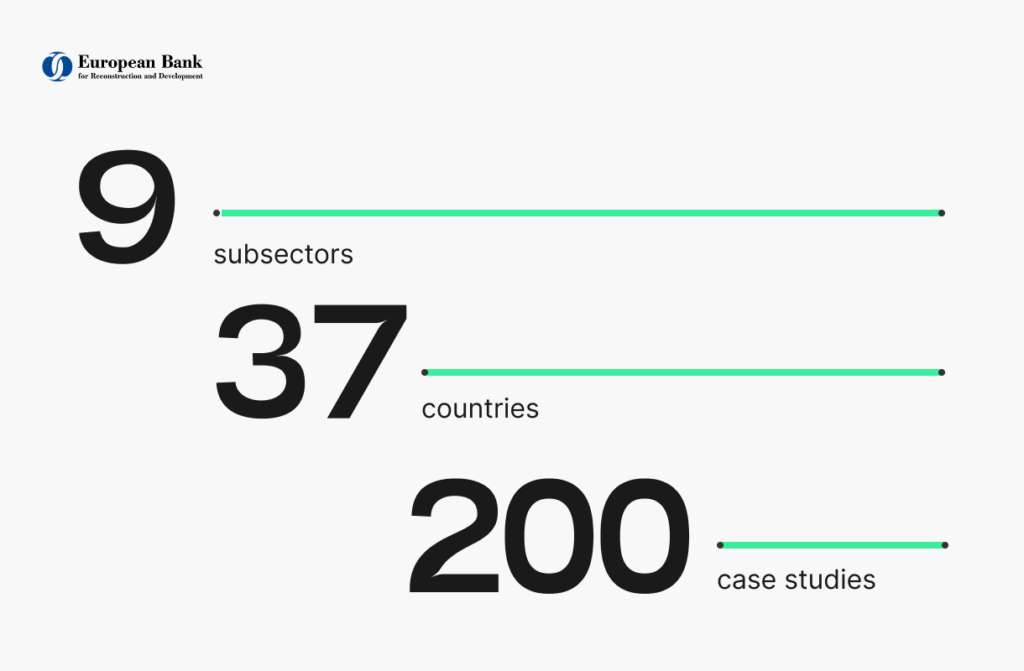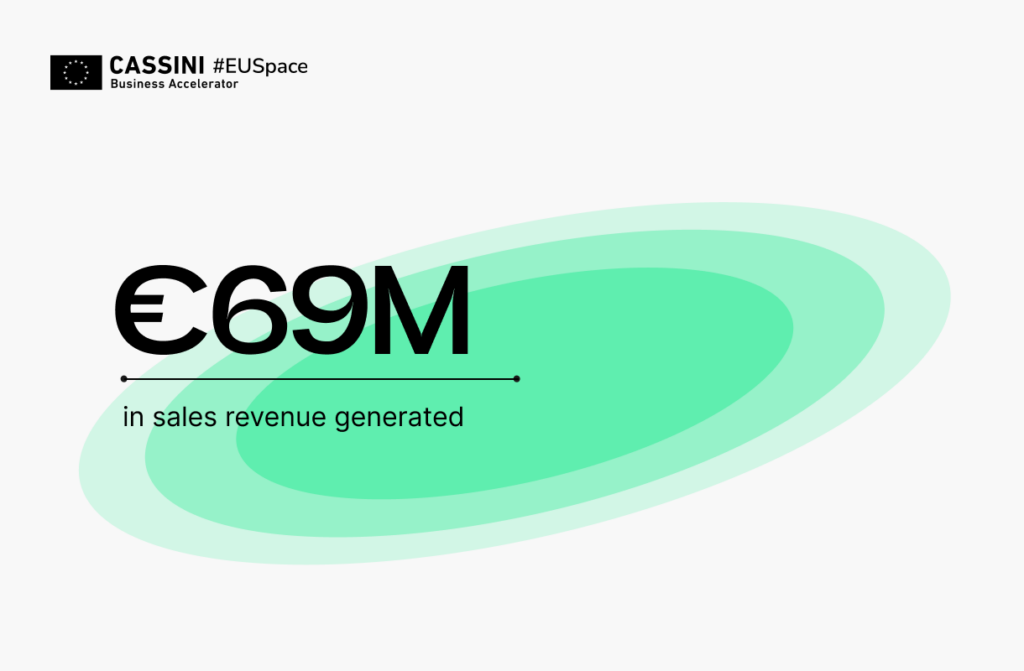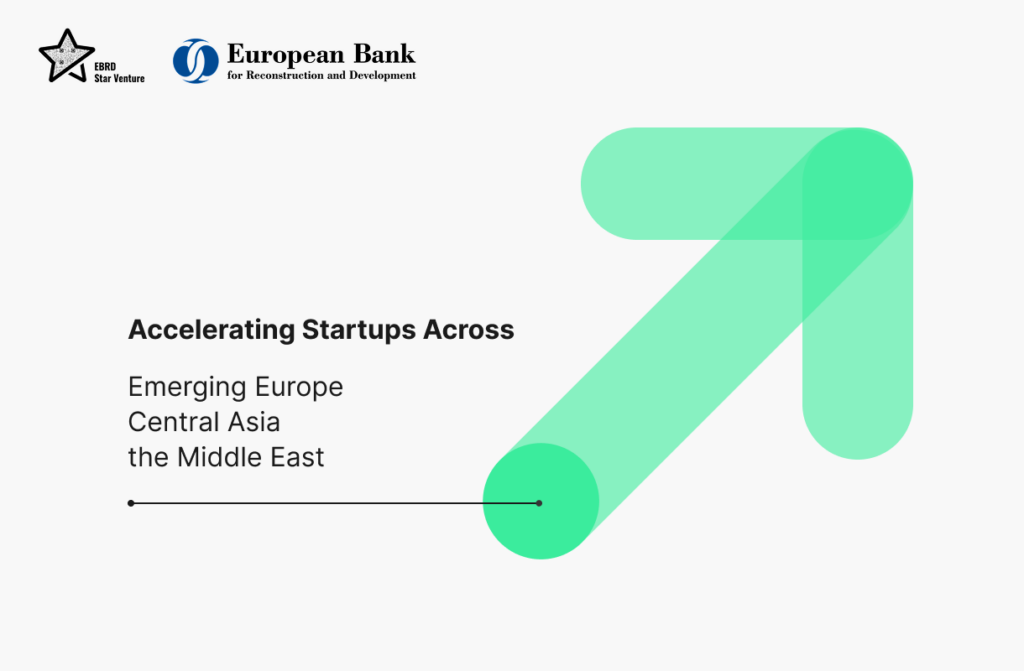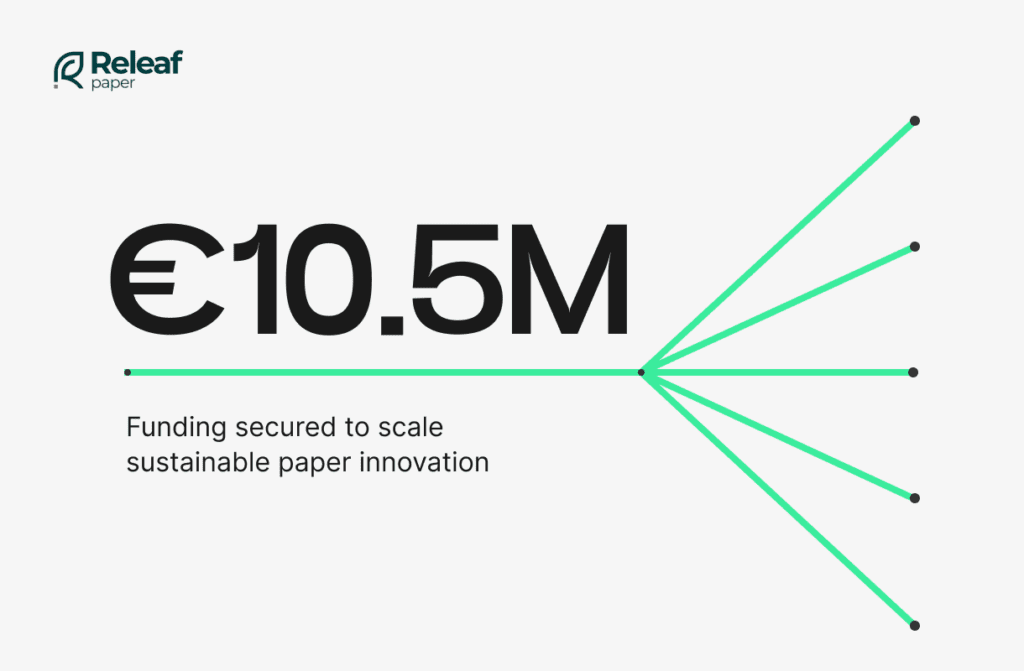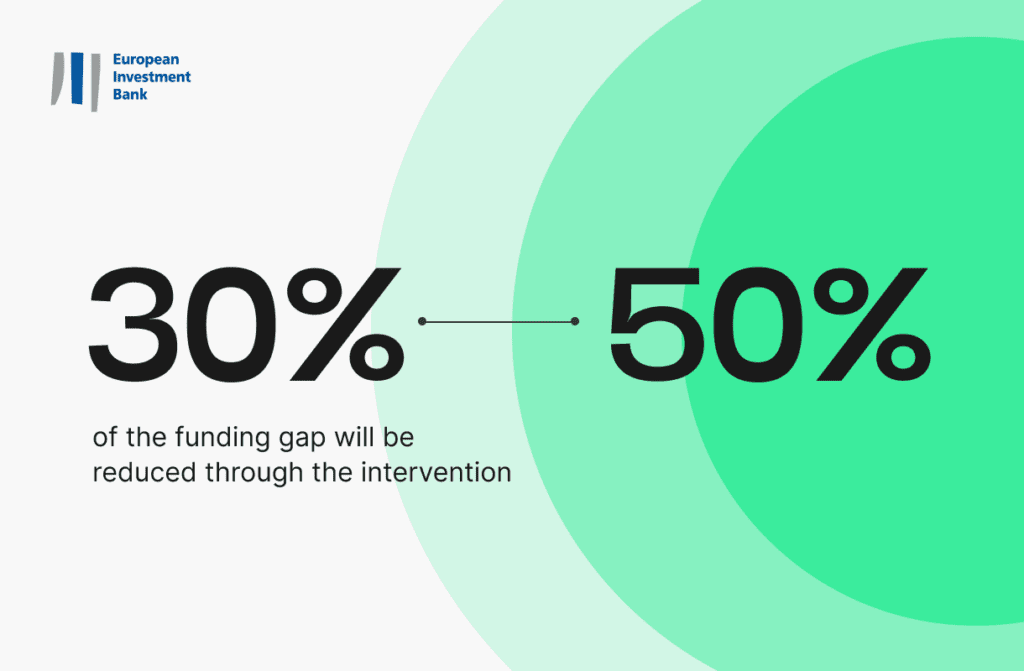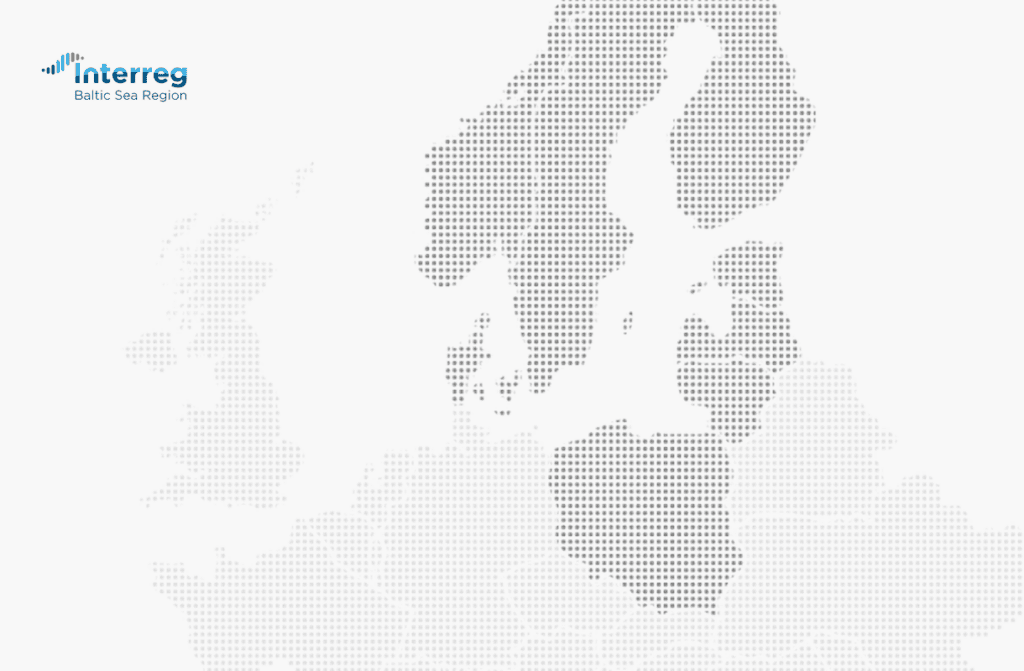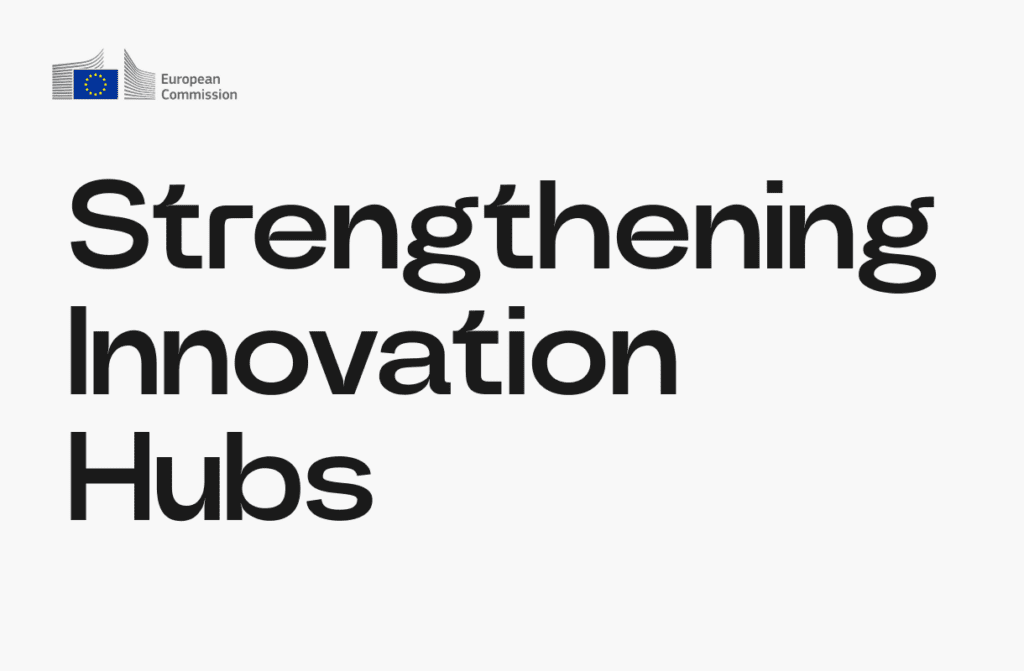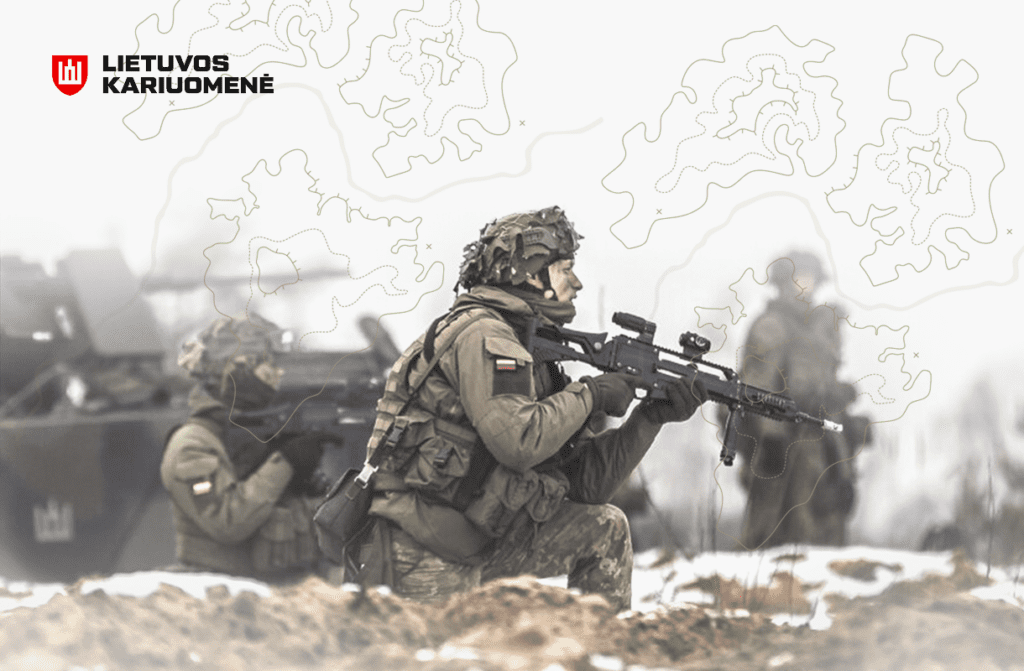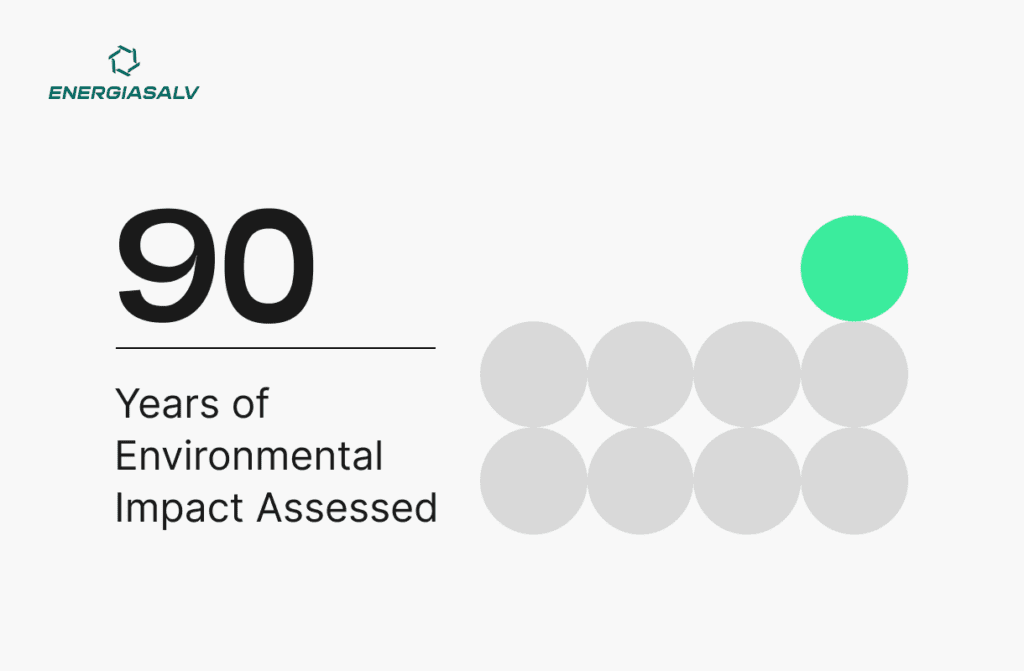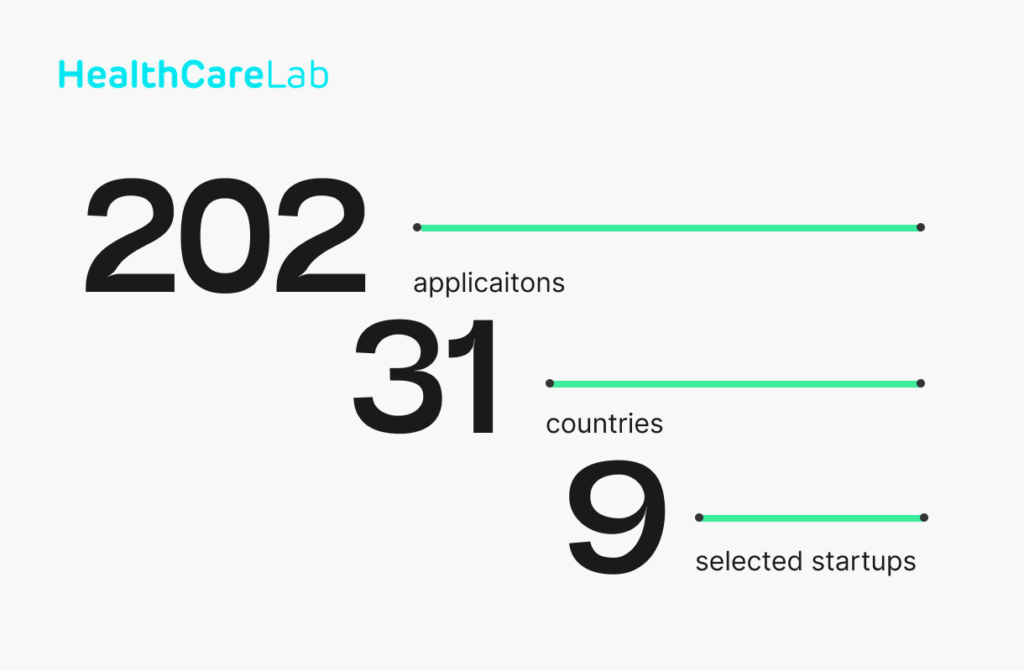Research: opportunities for Finnish construction companies in Ukraine
Client
Business FinlandClient Overview:
Business Finland, a leading business support organization for Finnish companies, has been exploring ways to help Finnish businesses contribute to Ukraine’s recovery, particularly in the built environment sector – while also strengthening their presence in the country. To support this effort, Business Finland partnered with Civitta to gather Ukraine-focused analytics and data.
The Civitta team identified high-level opportunities for Finnish companies to contribute to Ukraine’s reconstruction. We have also addressed Finnish companies’ key research questions by conducting local market analysis and interviews. The resulting insights, presented in a clear and analytical format, were then shared with companies exploring export opportunities.
Challenge:
The primary goal of this project was to enhance Finnish construction companies’ understanding of Ukraine, by highlighting potential opportunities and challenges within the country’s built environment sector. The project provides a comprehensive overview of Ukraine’s construction value chain, examining each stage: from regional design and preparatory works to construction and end-of-life processes – separately.
The reconstruction needs of Ukraine are much higher – USD 411bn until 2033 – considering the notion of ‘building back better’. Within those, USD 263bn relate directly to construction activities, where transport, housing, and energy are the TOP-3 sectors by needs’ amount.
While Ukraine’s broader recovery involves a wide range of sectors, including energy modernization, defense strengthening, and human capital development, this project focuses specifically on the built environment and the related value chain. The largest damage is observed in housing and infrastructure sectors.
The research, conducted during August and September 2023, provides valuable insights, though the total damages and needs tend to be higher as the war remains in an active phase.
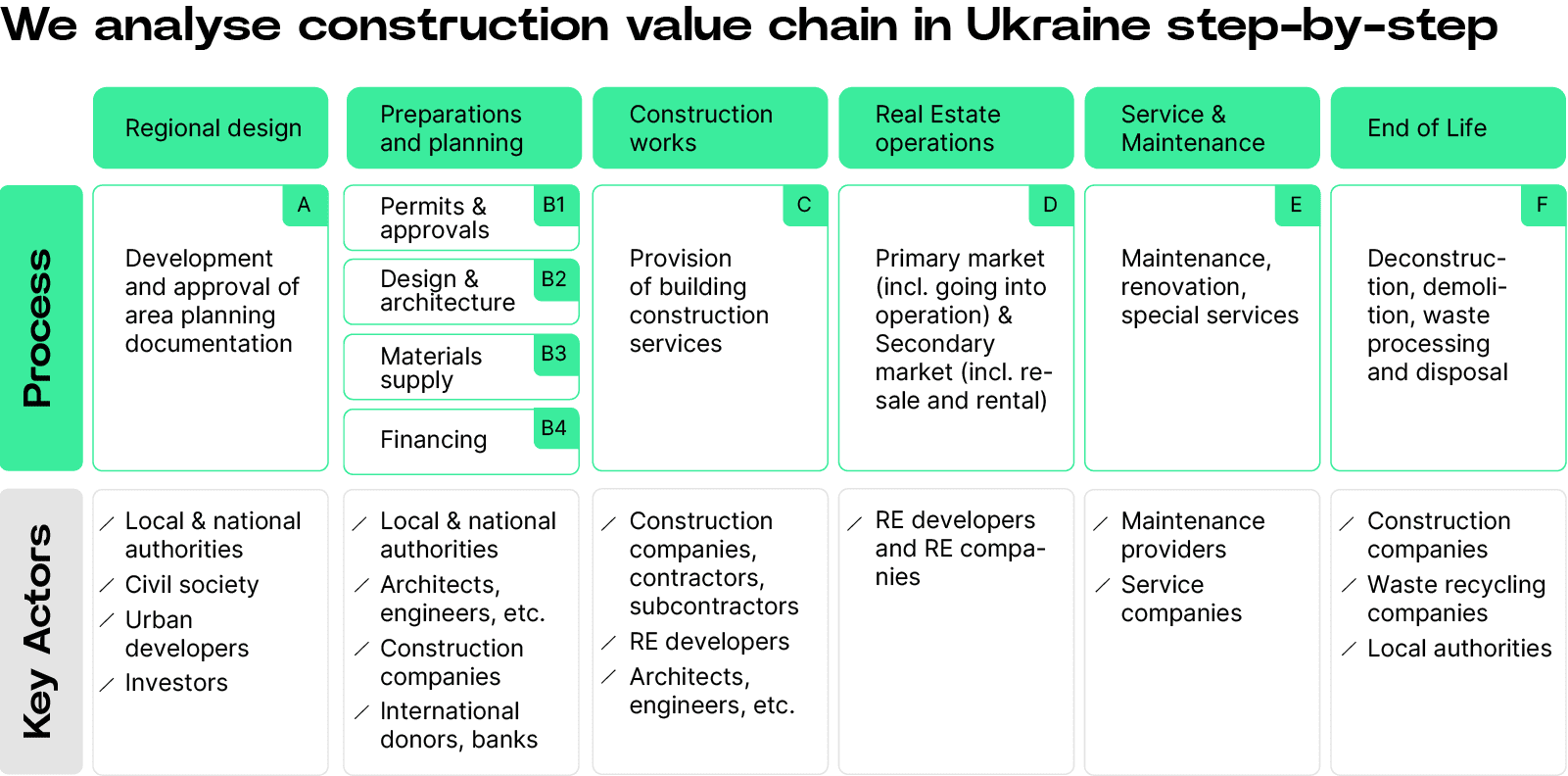
Our Approach:
Civitta delivered a structured, data-driven solution combining desk research, first-hand interviews, and expert analysis:
1. Extensive Research
- Analyzed multiple credible sources, including national statistics, World Bank, USAID, Kyiv School of Economics, NGO reports, and Civitta proprietary research.
- Examined Ukraine’s construction performance, infrastructure damages, regulatory frameworks, financing models, and sustainability initiatives.
2. Stakeholder Interviews
- Engaged with developers, construction companies, residential maintenance providers, municipal representatives, architects, and waste management experts.
- Gathered insights into practical challenges, local market dynamics, and innovation adoption potential.
3. Value Chain Analysis
The report contains: Intro to recovery needs of Ukraine, Construction industry performance in Ukraine and built environment value chain in Ukraine. Assessed each stage of the built environment value chain:
- Regional Design: Urban planning documentation largely outdated; local expertise gaps identified.
- Permits & Approvals: Licensing formal but local partnerships recommended.
- Design & Architecture: Strong residential/commercial skills; limited large-scale engineering experience.
- Building Materials: Critical shortages in concrete, cement, glass, electrical panels, and insulation materials.
- Financing: Reliance on private/public funding; DREAM platform supports reconstruction planning.
- Construction Works: Fragmented residential and commercial market; consolidated infrastructure sector.
- Prefab Market: Limited large-scale prefab adoption; potential growth area.
- Sustainability: Emerging energy efficiency measures and eco-construction initiatives.
Additional insights:
- Real estate recovery is concentrated in western Ukraine and major cities.
- Residential management is shifting from centralized to market-oriented models, with key players ready to adopt innovations.
- Industry interest in construction waste recycling and industrial conversion projects is growing. Notable examples include UNIT City, ARSENAL Factory (Kyiv), Neo-Eco (France), GreenMix (Israel), and Lithuanian-Ukrainian initiatives.
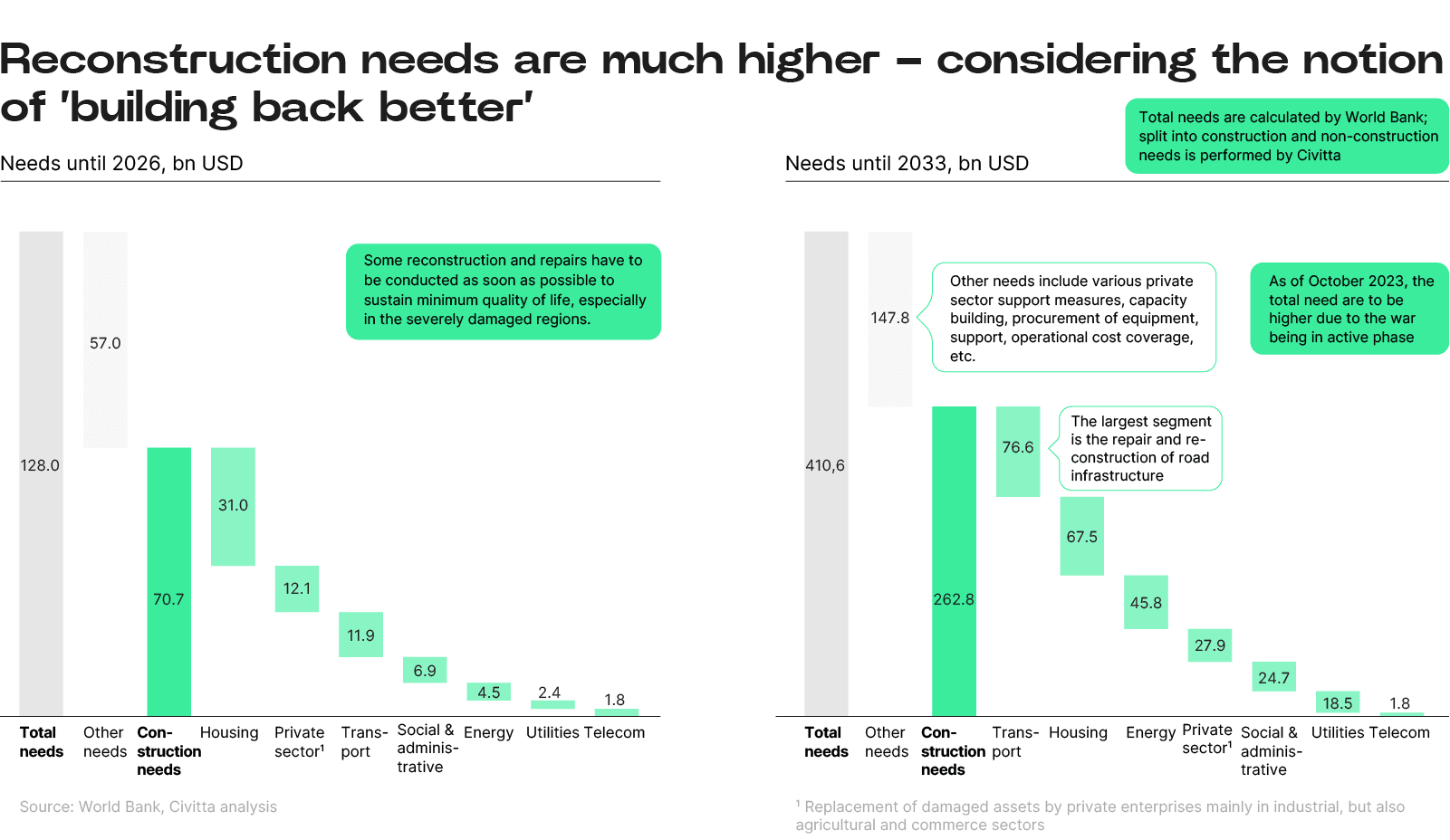
Results & Impact:
Civitta delivered a comprehensive report that combined quantitative data and qualitative insights, providing Finnish companies with actionable recommendations and a clear understanding of Ukraine’s construction market and built environment opportunities. The work established a robust framework for evaluating investment and export prospects, helping Finnish businesses identify viable projects and navigate the local regulatory, financing, and operational landscape.
In addition to this project, Civitta has continued to facilitate export opportunities for Finnish companies in Ukraine through various direct assignments. The project has become a reference point for ongoing and future ventures, strengthening collaboration between Finnish businesses and Ukrainian stakeholders and demonstrating Civitta’s ability to support international clients in complex, rapidly evolving markets.
Key Takeaways:
- Civitta’s methodology combines in-depth research with local market knowledge to create actionable insights in complex and dynamic environments.
- Tailored approaches to client needs, including direct engagement with local stakeholders, ensure practical relevance.
- The case demonstrates Civitta’s ability to guide international clients in post-crisis markets, particularly in infrastructure, urban development, and sustainability initiatives.



